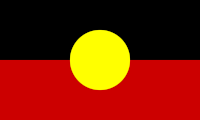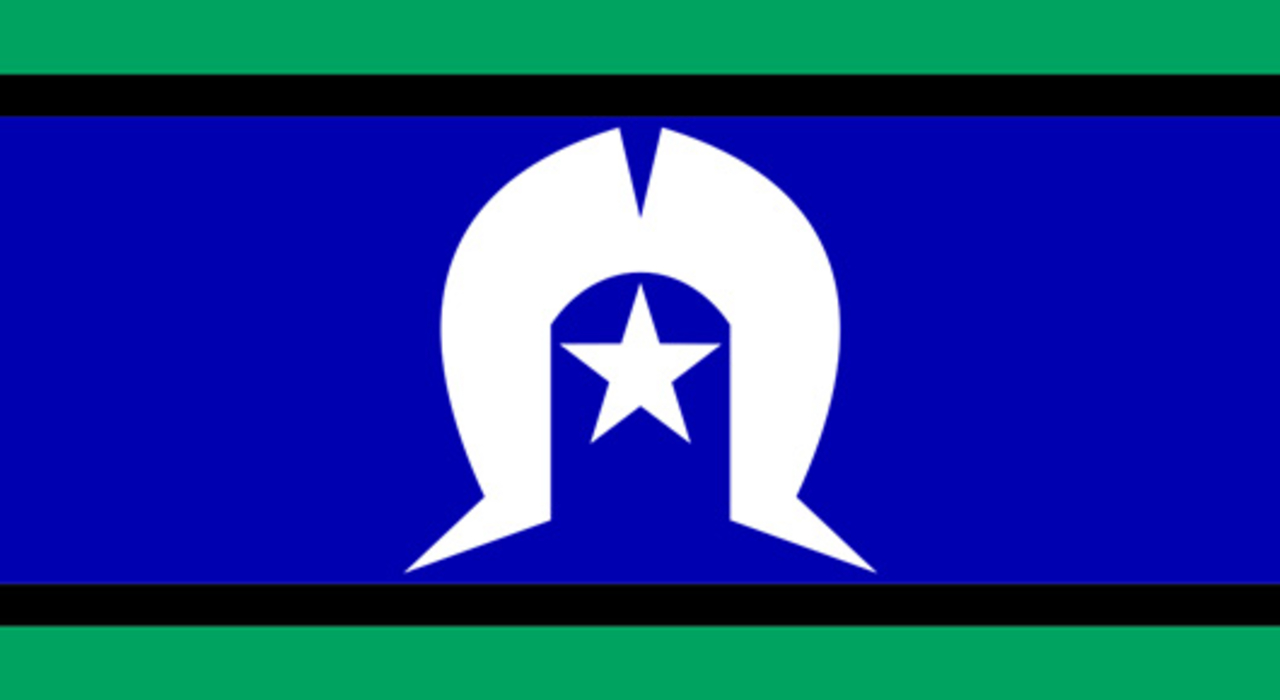The NIFVS multi-language Family Violence posters have been updated to reflect the change to Merri-bek City Council.
These posters inform community members, victim survivors and adults using family violence about support services that are available in the northern metropolitan region. The poster for adult victim survivors and the poster for adults using family violence contain information in English, Arabic, Assyrian, Chinese, Hindi, Punjabi and Vietnamese. They can be displayed in waiting rooms, on the back of toilet doors, or anywhere it might benefit community members.
The new Multi-Service Coordinated Family Violence Response Project (MCFVRP) aims to support Multicultural community at risk or experiencing family violence and/or sexual assault by reducing barriers to accessing the Family Violence and Sexual Assault service system. The project will target women and children from the South Asian community in the City of Whittlesea by outposting Bilingual Family Violence System Connectors at key locations and mainstream services across the local government area, who will support and provide guidance to the community member in navigating this service system.
The project also seeks to capacity build Family Violence and Sexual Assault practitioners in responding to the complex needs of Multicultural community and to improve service provision, so their service response is culturally safe. A Community of Practice between Bilingual FV System Connectors and Family Violence and Sexual Assault Specialist practitioners will be established to achieve this goal.
The MCFVRP has been funded as part of the ‘Working Together Grant’ by Family Safety Victoria.
Program eligibility criteria
- Women and children
- Residing in City of Whittlesea
- From a South Asian and/or Multicultural background
- Experiencing or at risk of family violence and/or sexual assault.
How to refer a client
- Complete a Referral Form.
- Email fvsupport@whittleseacc.org.au with completed referral form
- Alternatively, practitioners can call one of the Bilingual FV System Connectors on 0467 952 657 / 0497 032 439.
(Source: Whittlesea Community Connections email, 20.3.23)
The Australian Government has committed to the development of a dedicated Aboriginal and Torres Strait Islander Action Plan under the National Plan to End Violence Against Women and Children 2022 – 2032. The Department is working in partnership with the Aboriginal and Torres Strait Islander Advisory Council to develop the Action Plan to ensure the voices and perspectives of Aboriginal and Torres Strait Islander peoples are at the centre of all efforts to end family violence against Aboriginal and Torres Strait Islander peoples.
Input on the topics being considered for the Action Plan is now being sought. See the website for more information and to provide your input. The survey and option for submissions close 23 February 2023.
(Source: Safe and Equal Member Bulletin, 14.2.23)
The State Government has announced that it has implemented all the recommendations of the Royal Commission into Family Violence.
Key recommendations included establishing Specialist Family Violence Courts, the implementation of MARAM and the Information Sharing Schemes and the rollout of the Orange Doors.
Safe and Equal are advocating for continued investment, action and collaboration with the specialist family violence services and primary prevention sectors in the 2023 State Budget. In particular, they are calling for:
- Increasing sustainable funding for the specialist family violence sector to meet demand
- Growing, developing, and retaining specialist workforces
- Eliminating the impossible ‘choice’ between violence and homelessness
- Addressing key gaps and barriers in the expanding family violence system
- Investing meaningfully into primary prevention.
Read Safe and Equal’s Budget Submission.
(Source: Premiers Media Release, 28.1.23 and Safe and Equal member bulletin, 22.2.23)
Red Cross’s Family & Domestic Violence Pilot Financial Assistance Program provides financial assistance and short-term case work support for people on temporary visas who are experiencing family violence and financial hardship. The support offered under the program includes financial assistance of up to $3000, referrals and short-term case work support.
Program eligibility criteria
- Holding a temporary visa or having no visa (not a Citizen nor Permanent Resident)
- Experiencing or at risk of Domestic & Family Violence
- Experiencing Financial Hardship
How to apply
- Clients can apply via the Red Cross website
- Please have a look at the Application Guides in English and in language
- Provide identity document details (Passport or ImmiCard)
- Bank statements FOR ALL LINKED ACCOUNTS with Name, BSB, Acc No and not older than 3 months (1–3-month transaction history)
How to refer a client
- Download and complete the Referral Form
- Ensure that the boxes relevant to Risk Assessment, Safety Plan & Financial Hardship are completed
- Ensure the Referral Form is signed by the relevant staff member.
- Complete the section relevant to client consent.
- Ask the client to attach the completed Referral Form to the online Application.
- Ask the client to attach all the relevant documents.
- If the client is unable to do so due to some reason, please send it to Red Cross via ShareSafe App which is a secure method to email sensitive information (Please refer to the ShareSafe set up guide for reference).
For queries or assistance email NAT_FDV_PILOT@redcross.org.au.
Find more information about brokerage and other forms of financial assistance on the NIFVS website.
(Safe and Equal member bulletin, 3.2.23)
The MARAM animation video series is now available – find them on the Victorian Government website or via the MARAM practice guides and resources page under the ‘MARAM video series’ heading.
This series features 11 short, animated videos focused on a variety of MARAM foundational concepts, providing another way for practitioners to build MARAM capability.
Topics include:
- Coercive control
- Evidence-based risk factors
- How to make and respond to an information sharing request
- Information sharing
- Intersectionality and MARAM in Practice
- MARAM for organisational leaders
- Multi-agency practice
- Non-collusive practice
- Responding to children’s family violence risk
- Structured Professional Judgement
- Trauma informed practice
Find more MARAM resources on the NIFVS MARAM and Information Sharing portal.
(Source: Family Safety Victoria email, 8.2.23)
Berry Street’s therapeutic service, Take Two has received long-term funding to continue their work providing whole-of-family services for families with young people using violence in the home in the northern metropolitan region.
The Wattle Project offers support to young people (12-17 years) and their families, who are concerned about a young person’s use of unsafe behaviour at home.
The goal of the Wattle Project, in collaboration with the young people’s families, is to see improvements in safety, communication, and relationships for both the young person and their families. The service delivers a trauma-informed whole-of-family response to increase safety and improve relationships within the family home, while also meeting the young person’s developmental and therapeutic needs.
The program recognises the many overlapping intersections leading to a young person’s use of unsafe behaviour in the home including experiencing family violence themselves, intergenerational trauma, disability or developmental delays, and other factors related to the family’s circumstances.
Services including counselling, therapy, case management, creative arts groups, caregiving workshops, as well as financial assistance. To make a referral, please email: thewattleproject@berrystreet.org.au.
The role of Senior Clinician in the team is being advertised. Find out more.
Why is it called The Wattle Project?
Trees symbolise life, growth, change and transition. Wattle trees are known for their healing properties and represent strength, resilience and a fresh start. The Wattle Project recognises that like tree roots, our history and past experiences often go unseen. Experiencing hard times is like stormy weather, affecting how young people deal with overwhelming feelings and stress. It’s important to know that survival and even growth is always possible when facing these storms. At times a young person may need some extra support to cope, in the same way a tree may need extra care to protect it from a storm. Just like a tree that requires water, soil and sunlight to allow it to flourish, the Wattle Project works with young people to find new directions for growth.
(Source: Take Two email, 20.2.22)
The NIFVS Partnership has undertaken Victim Survivor Experience Mapping as part of the NIFVS Family Violence Regional Integration Committee’s strategic plan to help centre the voices of victim survivors and to understand victim survivor journeys through the service system in the NMR.
The Victim Survivor Experience Mapping report contains insights into victim survivor experiences of the service system and recommendations for a range of stakeholders responding to family violence, which will inform the Committee’s new strategic plan.
Led by the NIFVS team, the Victim Survivor Experience Mapping project brought together ‘System Listeners’ from VACCA, Berry Street, Good Samaritan Inn, Northern CASA, Northern Community Legal Centre, The Royal Children’s Hospital and Uniting, as well as survivor advocates from inTouch and Safe and Equal to form a Victim Survivor Experience Mapping Implementation Group. The ‘System Listeners’ conducted in-depth interviews with seven victim survivors.
This report will be of interest to practitioners and managers alike.
Victim Survivor quote:
One person can really make a difference, being able to navigate the wave, to not being able to cope.
For further information contact robin.g@whin.org.au.
- NIFVS eNews January 2023
- NIFVS eNews February 2023
- NIFVS eNews March 2023
- NIFVS eNews April 2023
- NIFVS eNews May 2023
- NIFVS eNews June 2023
- NIFVS eNews August 2023
- NIFVS eNews December 2023
Keep up to date with news and new resources
Subscribe to the NIFVS monthly eNews, which includes the latest family violence sector news, events and training, information and resources.
Jade Myconos is the new Gender Equity Officer at Darebin Council and part of her role is the Convenor of Darebin’s Family Violence Network.
Jade’s experience includes 16 years of combined local government and community services senior management and front-line work experience in family violence, women’s homelessness, community mental health services, volunteer and disability sectors.
Prior to her current role, Jade was Darebin’s Community Development Officer (Economic Participation), Access and Inclusion at Darebin, working collaboratively with a diverse range of internal and external stakeholders to advance the economic participation of people with disability in Darebin.
As Gender Equity Officer, in addition to convening Darebin’s Family Violence Network, Jade’s role includes supporting Darebin’s Equity Impact Assessments / Gender Impact Assessments (EIA/GIA), and Darebin’s Gender Equity Advisory Committee.
To fuel all of this, Jade runs on a steady diet of bad humour, music, art, walking the dog and eating chocolate!
You can contact Jade by email: Jade.myconos@darebin.vic.gov.au or phone: 0436 339 845
Family violence networks meet monthly or bi-monthly to discuss a range of activities and services in their local region regarding responding to family violence, prevention and profiling the issue.
(Source: Jade Myconos email, 20.1.23)

